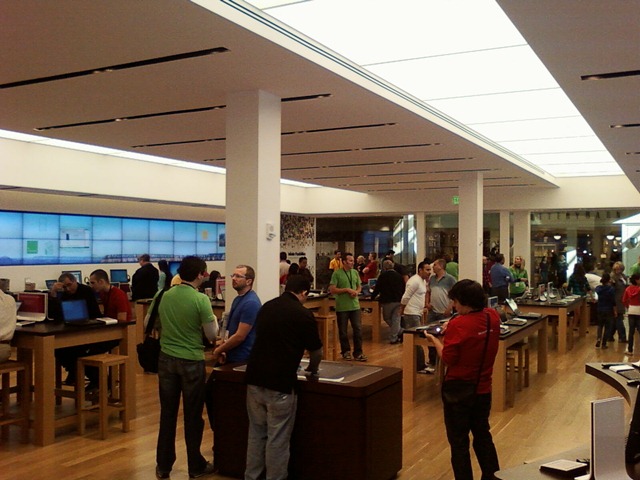 As if watching YouTube wasn’t already a good way to procrastinate, now you can play Snake right inside many of YouTube’s videos.
As if watching YouTube wasn’t already a good way to procrastinate, now you can play Snake right inside many of YouTube’s videos.
YouTube user BikdipOnABus gets credit for documenting the Easter Egg, whose simplicity is astounding: On videos with the new playback style (the one with the thick red progress bar that narrows when you move the mouse away from it), click on the video window, then hold left on your keyboard. The video can be paused or playing when you do this.
To try it yourself, I recommend the YouTube video of a plain black screen, which should become pretty popular with this discovery.
YouTube Snake is not a particularly good version of the classic dot-eating game. I’m actually partial to Gmail’s take, which you can activate in Gmail Labs and play by typing “&” on the main screen, as long as you have keyboard shortcuts enabled. Unlike the YouTube version, Gmail’s “Old Snakey” saves high scores, has obstacles and speeds up as your snake gobbles more pellets.
Still, YouTube Snake is worth keeping in mind next time you’re watching something that drags on, but isn’t quite boring enough to stop watching entirely. I won’t read into it much further than that — I already had my fun interpreting Google Pac-Man — though it is interesting how the occasional game has cropped up on YouTube lately.






